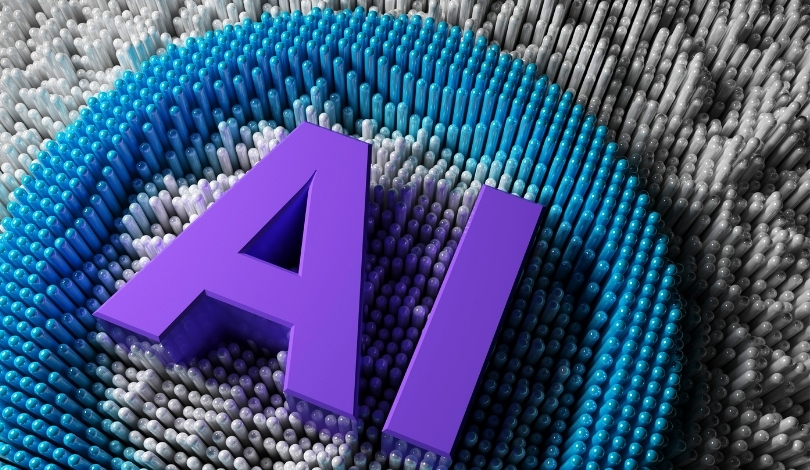Google is undergoing a significant restructuring aimed at strengthening its artificial intelligence (AI) capabilities. CEO Sundar Pichai has announced new leadership roles and organizational changes to streamline the company’s AI projects. These modifications reflect Google’s commitment to staying at the forefront of AI innovation.
Earlier structural changes at Google primarily focused on integrating AI across diverse departments. The current reorganization takes a more concentrated approach by grouping specialized AI teams under focused divisions like DeepMind, demonstrating a strategic move to enhance specific AI-driven products and services.
Leadership Appointments Drive AI Strategy
Prabhakar Raghavan, a seasoned Google veteran of twelve years, has been appointed as the Chief Technologist. His transition from previous roles underscores Google’s dedication to leveraging experienced leadership in advancing its AI objectives.
“Prabhakar’s leadership journey at Google has been remarkable,”
Pichai highlighted, noting his pivotal role in launching AI features such as Smart Reply and Smart Compose in Gmail, which contributed to Gmail and Drive surpassing one billion users.
Team Integration Enhances AI Development
The Gemini app team, overseen by Sissie Hsiao, has been merged into Google DeepMind under Demis Hassabis’s leadership. This integration aims to foster better feedback mechanisms, expedite the deployment of new models within the Gemini app, and enhance overall productivity in post-training processes.
“Bringing the teams closer together will improve feedback loops, enable fast deployment of our new models in the Gemini app, make our post-training work proceed more efficiently and build on our great product momentum,”
explained Pichai.
AI Innovations Expand Google’s Product Offering
Google continues to introduce AI-driven advancements across its product range, including the successful launch of NotebookLM with Audio Overviews, enhancements in Search and Lens for better information discovery, and the introduction of AlphaProteo for protein design. Additionally, the Google’s healthcare AI system for detecting diabetic retinopathy has conducted 600,000 screenings, with plans to expand its reach to India and Thailand, showcasing the practical applications of Google’s AI technologies.
The appointment of Nick Fox as SVP of the Knowledge & Information division further solidifies Google’s AI roadmap. With extensive experience in Product and Design across various sectors, Fox is expected to drive the strategic direction of AI initiatives, ensuring cohesive progress and innovation within the company.
As Google navigates the rapidly evolving AI landscape, these structural changes are designed to enhance efficiency and foster innovation. By centralizing AI efforts and reinforcing leadership, Google aims to maintain its competitive edge and continue delivering advanced AI solutions to its global user base.










